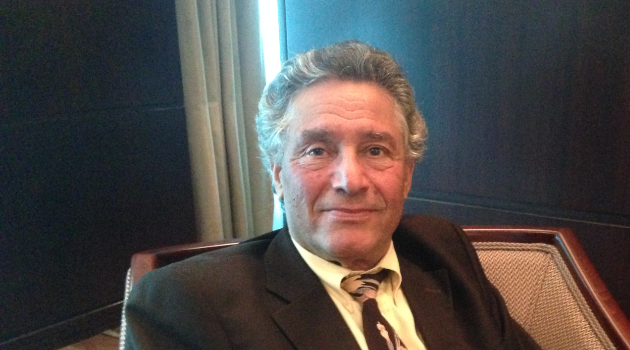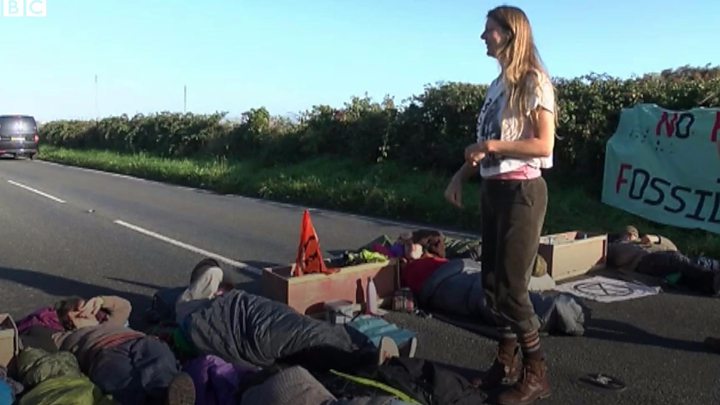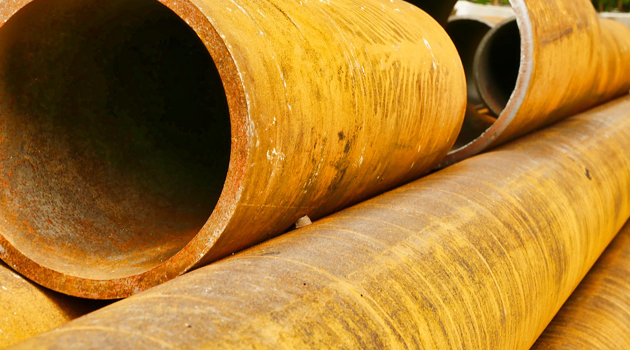By Ahmed Mousa Jiyad.
Any opinions expressed are those of the authors, and do not necessarily reflect the views of Iraq Business News.
Constitutional Amendments Relating to Petroleum Issues
The “October Uprising” is sustained, vertically and horizontally, causing on one side regrettable loss of human lives, inflicting serious damage and destruction to public, business and private properties among other things, and on the other advancing, forcefully, many legitimate important demands, some of which are accepted by the authorities and political blocks; the constitutional amendments is one of them.
Many actions were quickly taken regarding this particular demand. To begin with, the protesters themselves designate specific “Tent for Re-Writing the Constitution” located at the central gathering place, i.e., Tahrir Square, and invited experts, legal specialists, academics and others to submit their proposals to and participate in the ongoing debate at the “Tent”.
The House of Representatives (the Parliament) formed special temporary entity, Constitutional Amendments Committee-CAC, which has to finalise its mandate within four months. Again, CAC at the commencement of its duty called for contribution from outside sources and devised different ways and means for that purpose. Similarly, the Office of the Presidency (of the Republic), formed a parallel committee (the Presidency Committee for the Constitutional Amendments- PCCA) for the same purpose; both committees are of official formal nature, causing confusions and doubt on the real intention of the establishment.
Responding to the protesters demand, the proposals by the United Nations Mission in Iraq, UNAMI, include amendment of the Constitution and its readiness to provide technical support in this regard. This was seen, by many commentators, as a step towards “internationalization” of the matter and calls for external interventions; a replica off 2005. On the political platform, a dozen of “political blocks” that has influential position in the prevailing system since 2003 issued a statement supportive to amending the constitution. Finally, other entities, writers and professionals expressed the same urgent demand to re-write the current constitute or even have a completely a new one.
In the light of the above, this article is a modest contribution in this endeavour.
Based on my continuous follow-up and evaluation of actual practices and formal positions that have adopted or relied upon different interpretation of constitutional articles, I am emphatically convinced it is necessary, inevitable and urgent to amend those constitutional articles. This is particularly vital for articles that are related, directly and indirectly, to oil, gas and energy issues, especially those related to upstream petroleum sub-sector, i.e., exploration, development and production, and export of oil.
This is a summary of a more detailed and lengthy report written in Arabic and posted directly, among others, to a significant number of high-level officials at the three branches of government.
At the outset and before proceeding with the contents of this contribution, it is vital to make a few important notes:
First, I used, in preparing this contribution, the text of the constitution published in the Iraqi Official Gazette (Alwaqaee Aliraqiya) No. 4012 on 28/12/2005.
But this text, according to new and apparently many credible assertions, is different from the text that was distributed to and voted on by the Iraqi people in 2005. The published text comprises 144 articles while the circulated text for voting contains 139 articles; the added articles were and still are highly controversial ones.
This raises serious fundamental concerns and problems relating to the legitimacy and constitutionality of the added articles and even the entire text of the officially recognized constitution; what was published in the Official Gazette is, procedurally, the valid constitution, while the text voted by the people is, or should be the mandatory/real constitution!! 15 years of what appears to be a fraudulent and deception should end and end soon, according to good number of observers!
Second, the constitutional amendments are govern by articles 126 and 142, and both give any “region” a veto right, with different qualifications, to reject any amendments even if they are accepted and endorsed by the majority of Iraqi voters; what sort of democracy and federation is this1?.
Moreover, based on previous parliamentary deliberations there is a controversy regarding the validity of article 142 causing serious division among the members of CAC; that prompts CAC, a few days ago, to seek opinion from the Supreme Federal Court to resolve and decide on the matter.
I believe the Court, based on the principle of substantially changing circumstances and availability of compelling new material evidence, would make a decision that facilitates and supports the necessary constitutional amendments; the Court cannot risk to be seen acting against the mounting demand for amending a flawed sovereign law.
Third, I certainly see that there are many articles in the Constitution that must be amended or deleted and new articles could be added, in addition to those relating to petroleum issues. In this regard, it might be necessary to distinguish between “political realism” that is premised on “politics is the art of the possible” (promoted by the political establishment) and the “reality of the intifada” that aims to “make the not-possible possible” (promoted by the “uprising” and substantiated by the swift actions to vote, in the parliament, on laws that are proposed, but shelved, many years ago and measures to combat corruption and kleptocracy): to overcome the mistakes and practices of a decade and a half long with a constitution that becomes imperative to modify or even to replace it.
In this regard, thematic contributions, with specific and consistent proposals, are vital and more effective in the current efforts to amend the Constitution. Hence, professionals, experts and associations, among others, should have their say in the ongoing debate and consultations according to their expertise and area of specialisation; if we do not act now, when will we!!
Fourth; despite the structural importance of the petroleum sector in the Iraqi, imbalance, economy, which is well known to everyone, the term ” petroleum policy” is not mentioned in the constitution, while a long list of many other “policies” have been mentioned and highlighted.
What is even more surprising, and suspicious as well, that petroleum sector was not included in the “exclusive powers of the federal authorities”; this certainly constitutes a very serious flaw, by intention or omission, when preparing and approving the constitution and, thus, must be addressed.
Therefore, due to practical considerations and evidence-based analysis , this contribution aims at presenting some specific proposals exclusively designed to amending articles relating, directly and indirectly, to petroleum issues (oil and gas), keeping in mind the role of these issues and there, unquestionable, repercussions on the sustainable development of the Iraqi economy.
The following methodology was followed in addressing each constitutional article that I found relevant to the subject matter and thus included in this mission:
First: Specify the article under evaluation in terms of: article number, sub-article(s) and the actual text: in whole or in part;
Second: adopt “text analysis approach” considering the three related factors: purpose of the legislator, the practices and conduct of the implementer (executive) and the sovereignty of the text.
This, by necessity, is the most important, most detailed and longest part in the entire exercise since it deals, basically, with issues relating to basic questions: what, which, why and how.
Third: based on such text-analysis, evidence based and relevant material facts, specific textual proposals are suggested, these can be through amendment or cancellation or substitution or addition of a new article(s).
The results of this work are:
- There are nine articles that are directly related to and indirectly impacting petroleum issues; these articles are: 80; 110; 111; 112; 114; 115; 121; 126; 141;
- The analysis and evaluation of the above articles resulted in fourteen different proposals.
Details of the analysis, the premises for each proposal and the text of each suggestion are included in a research report written in Arabic, which is circulated widely and reposted on many websites and accessible through many, including, the following:
https://www.akhbaar.org/home/2019/11/265005.html
http://www.tellskuf.com/index.php/mq/86059-nn2411.html
Mr Jiyad is an independent development consultant, scholar and Associate with the former Centre for Global Energy Studies (CGES), London. He was formerly a senior economist with the Iraq National Oil Company and Iraq’s Ministry of Oil, Chief Expert for the Council of Ministers, Director at the Ministry of Trade, and International Specialist with UN organizations in Uganda, Sudan and Jordan. He is now based in Norway (Email: mou-jiya(at)online.no, Skype ID: Ahmed Mousa Jiyad). Read more of Mr Jiyad’s biography here.







